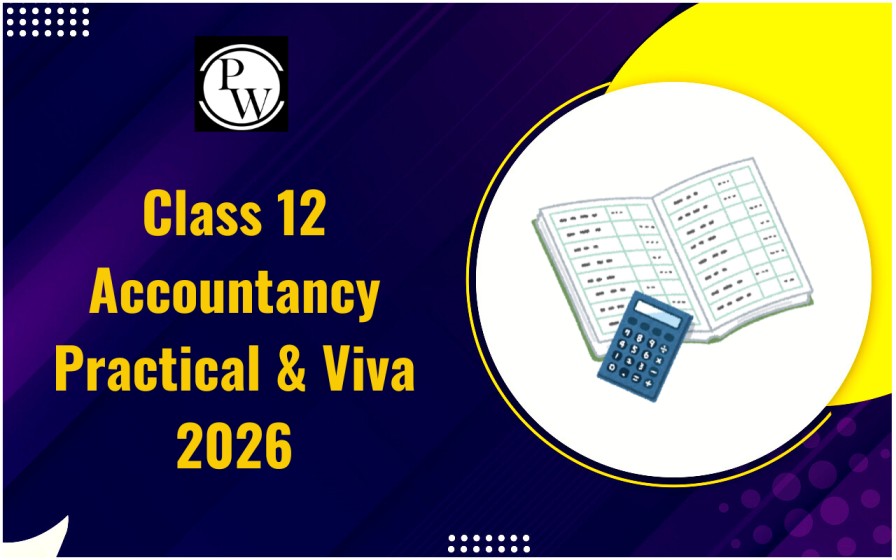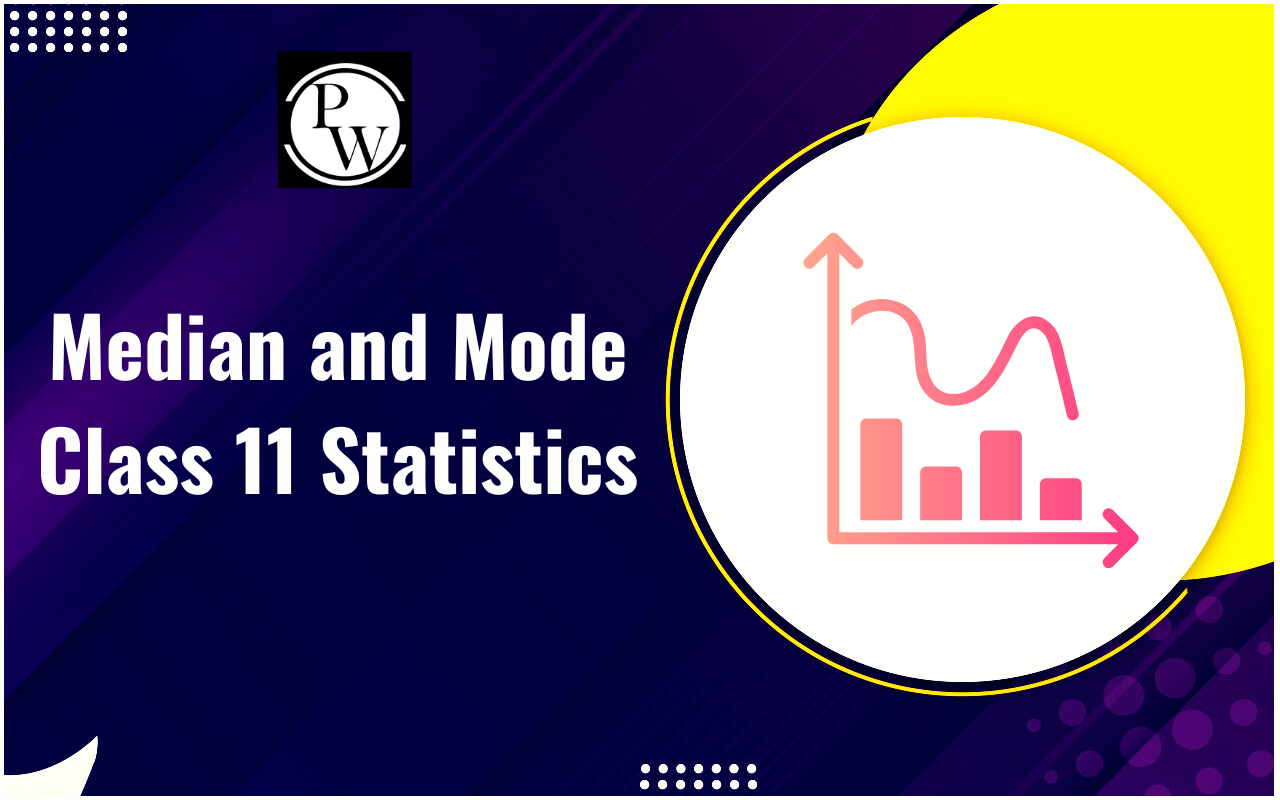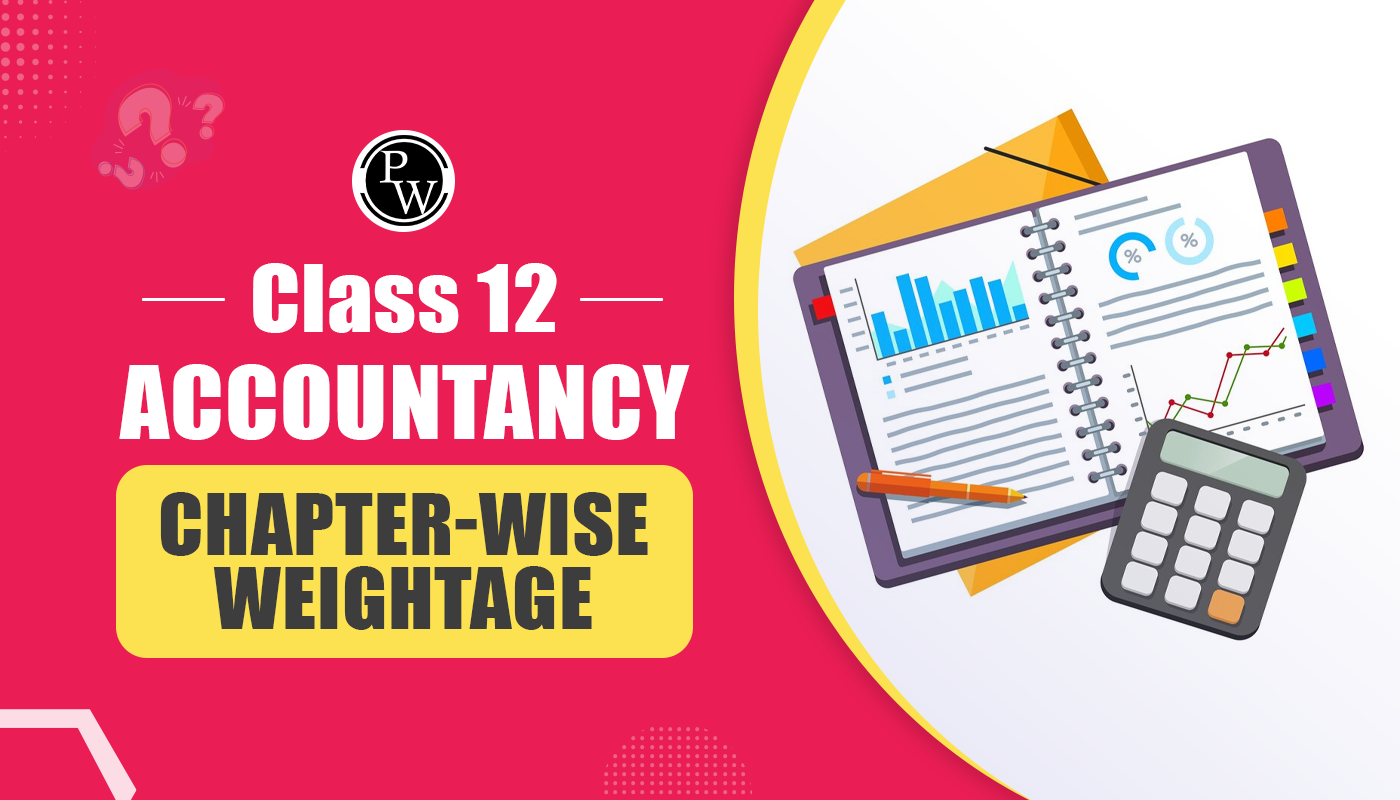
Accounting, often called the language of business, is essential for financial management and strategic planning in various industries. Its applications include financial reporting, budgeting, tax compliance, auditing, and risk management, crucial for maintaining transparency, accuracy, and accountability in financial matters.
Accounting's importance extends to evaluating financial health, making informed decisions, and complying with regulatory requirements. Through detailed financial analysis and reporting, accounting helps organisations identify growth opportunities, manage costs, and mitigate risks. Additionally, it builds investor confidence and supports economic stability. In this article, we will explore the diverse applications of accounting and its fundamental importance in achieving long-term financial success and sustainability.What is Accounting?
Accounting is the systematic process of recording, summarising, analysing, and interpreting the financial transactions of businesses, organisations, or individuals. It is crucial to provide accurate and reliable financial information that stakeholders rely upon to make informed decisions. Accountancy ensures clarity and organization by using standardised methods to record financial transactions like sales, expenses, and investments. These transactions are then classified as assets, liabilities, equity, revenue, and costs to show the financial position clearly. Accountancy also involves analysing financial data to identify trends, risks, and opportunities. It supports strategic decision-making for management, investors, creditors, and regulatory compliance and facilitates transparency, accountability, and effective financial management in business and personal financial contexts.Application Of Accounting
The application of accountancy spans various domains and is essential for the effective financial management of any organisation. Here are some key areas where Accountancy is applied:- Financial Reporting : Producing accurate financial statements such as balance sheets, income statements, and cash flow statements to give stakeholders a clear picture of the company's financial health.
- Budgeting : Creating budgets to plan and control financial resources, ensuring that the organisation operates within its means and achieves its financial goals.
- Tax Compliance : Preparing and filing tax returns according to legal requirements, ensuring that the organisation meets its tax obligations and avoids penalties.
- Auditing : Conducting internal and external audits to verify the accuracy of financial records and ensure compliance with regulatory standards and internal policies.
- Management Accounting : Analyzing financial data to assist management in making informed business decisions, such as pricing strategies, cost control, and investment planning.
Importance of Accounting
Accountancy plays a key role in both business and personal financial management for several reasons:- Financial Transparency : Accountancy ensures transparency in financial transactions and reporting. By maintaining accurate and detailed records of income, expenses, assets, and liabilities, accountants provide a clear picture of an entity's financial health.
- Compliance and Regulation : Accountancy ensures compliance with legal and regulatory requirements. Financial statements prepared by accountants adhere to established accounting standards (e.g., GAAP, IFRS), ensuring consistency and reliability in reporting to stakeholders and regulatory bodies.
- Decision-Making Support : Reliable financial data and reports provided by accountants assist managers and stakeholders in making informed decisions. Accurate financial information is crucial for effective decision-making, whether assessing profitability, budgeting, or strategic planning.
- Business Performance Evaluation : Accountancy helps assess and evaluate businesses' performance over time. Financial statements such as income, balance sheets, and cash flow statements provide insights into profitability, liquidity, and overall financial stability.
- Resource Allocation : Effective accountancy helps optimise resource allocation within an organisation. By tracking costs, identifying inefficiencies, and analysing financial trends, accountants contribute to maximising profitability and minimising waste.
- Investor Confidence : Accountancy fosters investor confidence by providing reliable financial information. Investors rely on financial statements to assess an investment's financial health and potential returns, influencing their decisions to invest or provide financing.
- Risk Management : Accountants are crucial in identifying and managing financial risks. Financial analysis and forecasting help businesses anticipate challenges, mitigate risks, and implement strategies to safeguard financial stability.
- Audit and Assurance : Auditing by external or internal auditors ensures the accuracy and integrity of financial statements. This independent verification enhances credibility and trust in financial reporting, benefiting stakeholders, investors, and regulatory bodies.
Skill Requirements For Accounting Jobs
Accounting presents an appealing career path for those who enjoy working with numbers, have a knack for mathematics, and possess a passion for meticulous analysis. Understanding the essential skills and qualities necessary for a successful accountancy career is crucial. It demands a specific mindset, requisite skills, knowledge, and personality traits. Employers seek certain attributes in accounting professionals, including:- Analytical Skills : Effective accountants carefully examine and interpret financial statements and related documents to derive pertinent insights that impact financial performance.
- Organisational Skills : Proficient accountants adopt systematic approaches to maintain detailed records of data and transactions, ensuring easy retrieval of pertinent information and documentation.
- Critical Thinking Skills : Accounting necessitates thinking critically, enabling professionals to identify and resolve issues while aligning solutions with business objectives in financial terms.
Types of Accounting
There are several types of accountancy, each serving distinct purposes within business and financial management:- Financial Accounting : Focuses on preparing financial statements for external stakeholders, such as investors, creditors, and regulatory bodies. It ensures reporting financial performance and position accuracy according to established accountancy standards like US GAAP or IFRS.
- Managerial Accounting : Also known as management accountancy, this type of accountancy involves analysing financial data to aid internal decision-making. It provides reports and analyses that help managers plan, control, and optimise business operations.
- Cost Accounting : A subset of managerial accountancy, cost accounting focuses on tracking, analysing, and controlling organisational costs. It helps determine the cost of producing goods or services and optimise cost efficiency.
- Auditing : Auditing involves examining financial records to verify their accuracy and compliance with accountancy standards and regulations. External auditors provide independent assessments to ensure transparency and reliability in financial reporting.
- Tax Accounting : Tax accountancy focuses on tax compliance and planning. It involves calculating taxes owed, preparing tax returns, and advising on tax strategies to minimise tax liabilities within the framework of tax laws and regulations.
- Forensic Accounting : Forensic accountants investigate financial discrepancies and potential organisational fraud. They analyse financial data and provide expert testimony in legal proceedings to resolve disputes or allegations of financial misconduct.
- Governmental Accounting : Governmental accounting applies to public sector entities such as government agencies, municipalities, and non-profit organisations. It follows specialised accountancy principles and regulations tailored to governmental entities' unique financial reporting needs.
Accounting Applications and Its Importance FAQs
What is the application of accountancy?
An accounting application is a software program that captures and records all accounting transactions. It typically divides functions into modules such as accounts payable, accounts receivable, inventory, and more.
What is accountancy and its types?
Accounting is essential for a business's financial well-being. The types of accounting include managerial, financial, cost, forensic, and tax accounting.
What is accounting in computer applications?
A computerized accounting system is a software application that automates financial records and reporting processes, making them faster, more accurate, and easier to manage.
Talk to a counsellorHave doubts? Our support team will be happy to assist you!

Check out these Related Articles
Free Learning Resources
PW Books
Notes (Class 10-12)
PW Study Materials
Notes (Class 6-9)
Ncert Solutions
Govt Exams
Class 6th to 12th Online Courses
Govt Job Exams Courses
UPSC Coaching
Defence Exam Coaching
Gate Exam Coaching
Other Exams
Know about Physics Wallah
Physics Wallah is an Indian edtech platform that provides accessible & comprehensive learning experiences to students from Class 6th to postgraduate level. We also provide extensive NCERT solutions, sample paper, NEET, JEE Mains, BITSAT previous year papers & more such resources to students. Physics Wallah also caters to over 3.5 million registered students and over 78 lakh+ Youtube subscribers with 4.8 rating on its app.
We Stand Out because
We provide students with intensive courses with India’s qualified & experienced faculties & mentors. PW strives to make the learning experience comprehensive and accessible for students of all sections of society. We believe in empowering every single student who couldn't dream of a good career in engineering and medical field earlier.
Our Key Focus Areas
Physics Wallah's main focus is to make the learning experience as economical as possible for all students. With our affordable courses like Lakshya, Udaan and Arjuna and many others, we have been able to provide a platform for lakhs of aspirants. From providing Chemistry, Maths, Physics formula to giving e-books of eminent authors like RD Sharma, RS Aggarwal and Lakhmir Singh, PW focuses on every single student's need for preparation.
What Makes Us Different
Physics Wallah strives to develop a comprehensive pedagogical structure for students, where they get a state-of-the-art learning experience with study material and resources. Apart from catering students preparing for JEE Mains and NEET, PW also provides study material for each state board like Uttar Pradesh, Bihar, and others
Copyright © 2025 Physicswallah Limited All rights reserved.









